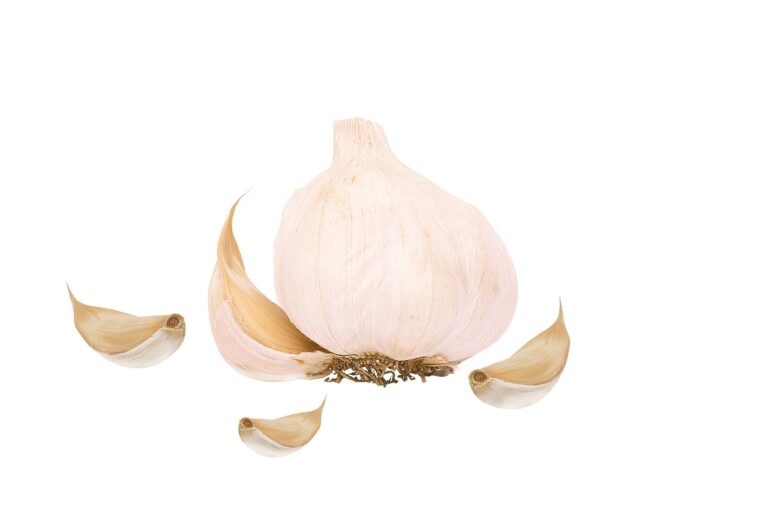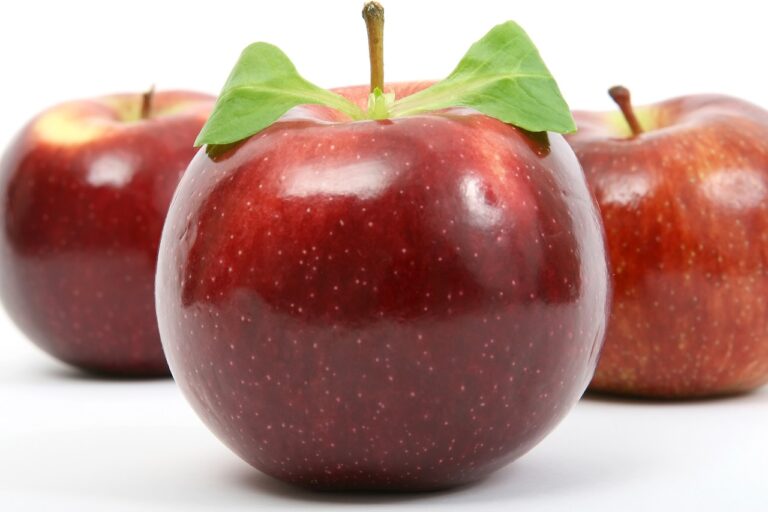Health Benefits of Traditional Korean Diet and Cuisine
Fermented foods play a crucial role in Korean cuisine, not only for their unique flavors but also for their health benefits. Korean traditional dishes often feature various types of fermented foods such as kimchi, soybean paste, and fermented seafood. These fermented foods are rich in probiotics, which are beneficial bacteria that support gut health and digestion.
The fermentation process not only enhances the taste of the ingredients but also increases their nutritional value. Fermented foods in Korean cuisine are known for their high levels of vitamins, minerals, and antioxidants. These nutrient-dense ingredients help boost the immune system, improve digestion, and promote overall well-being when incorporated into a balanced diet.
Rich in Probiotics for Gut Health
Fermented foods have long been a staple in Korean cuisine, offering a wide array of flavors and textures. Kimchi, for instance, is a popular side dish made from fermented vegetables such as cabbage and radish. This traditional dish is not only known for its spicy kick but also for its rich probiotic content, which can benefit gut health.
The fermentation process involved in making Korean staples like kimchi helps to enhance the growth of beneficial bacteria known as probiotics. These probiotics play a crucial role in supporting a healthy gut microbiome, which in turn can positively impact overall health. Regular consumption of probiotic-rich foods like kimchi may help improve digestion, boost the immune system, and even promote mental well-being.
Nutrient-Dense Ingredients in Traditional Korean Dishes
Korean cuisine is known for its emphasis on using nutrient-dense ingredients in traditional dishes. From kimchi to bibimbap, these dishes are packed with a variety of vitamins, minerals, and antioxidants that contribute to overall health and well-being. The use of colorful vegetables like cabbage, radish, and spinach not only adds vibrant flavors to the dishes but also provides essential nutrients for the body.
Furthermore, traditional Korean dishes often incorporate protein-rich ingredients such as tofu, eggs, and lean meats like chicken and beef. These protein sources are essential for muscle growth and repair, as well as for maintaining a healthy metabolism. Combined with grains like rice and barley, Korean cuisine offers a well-rounded and nourishing meal that satisfies both taste buds and nutritional needs.





